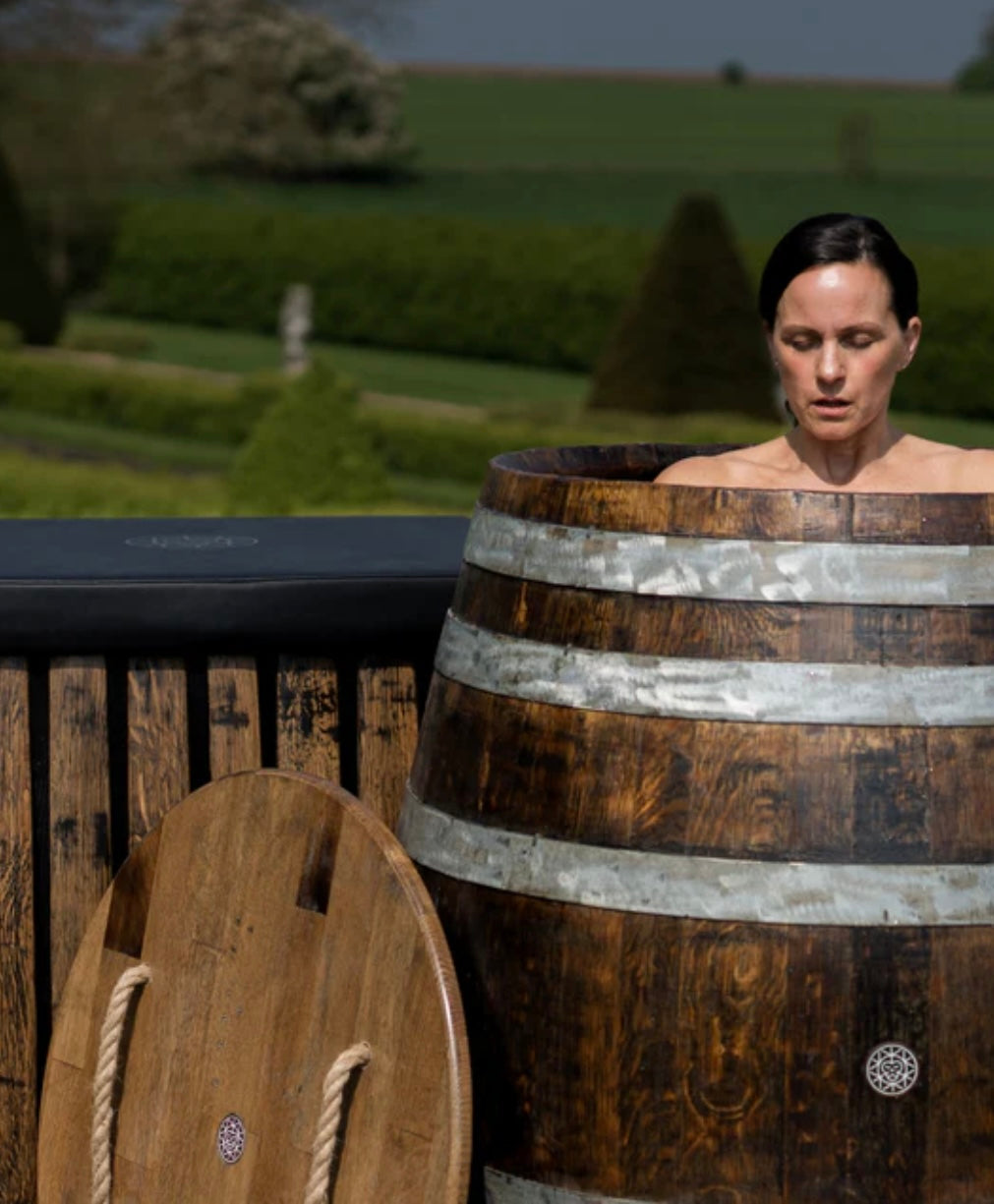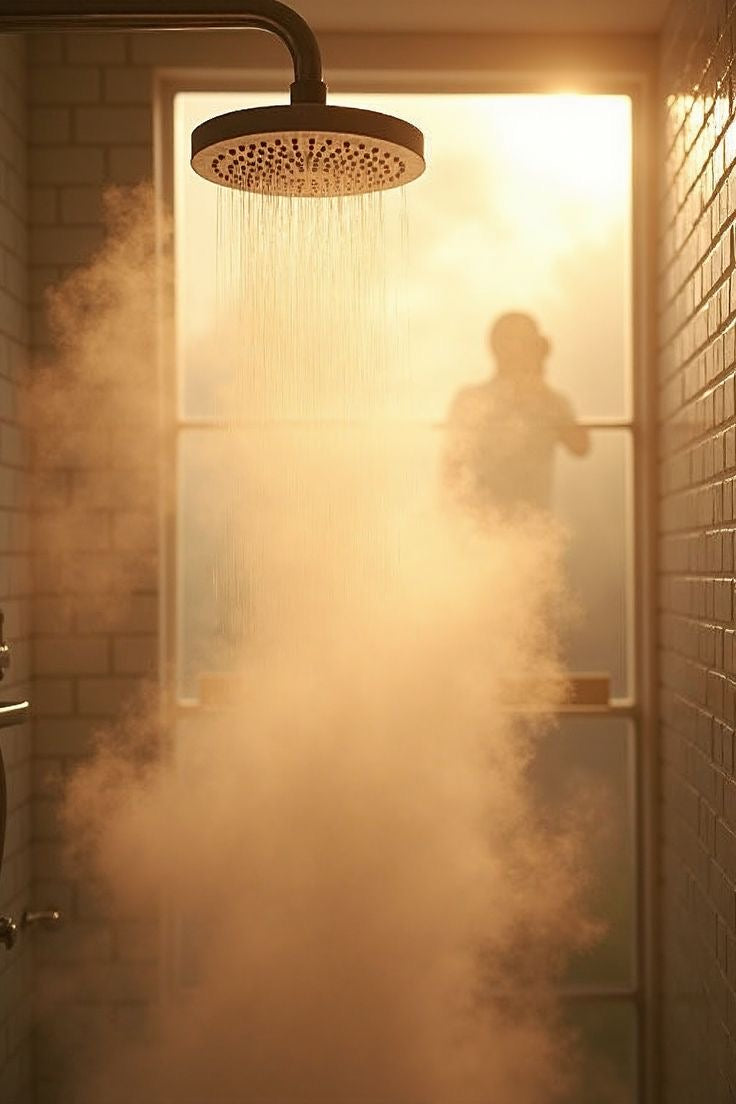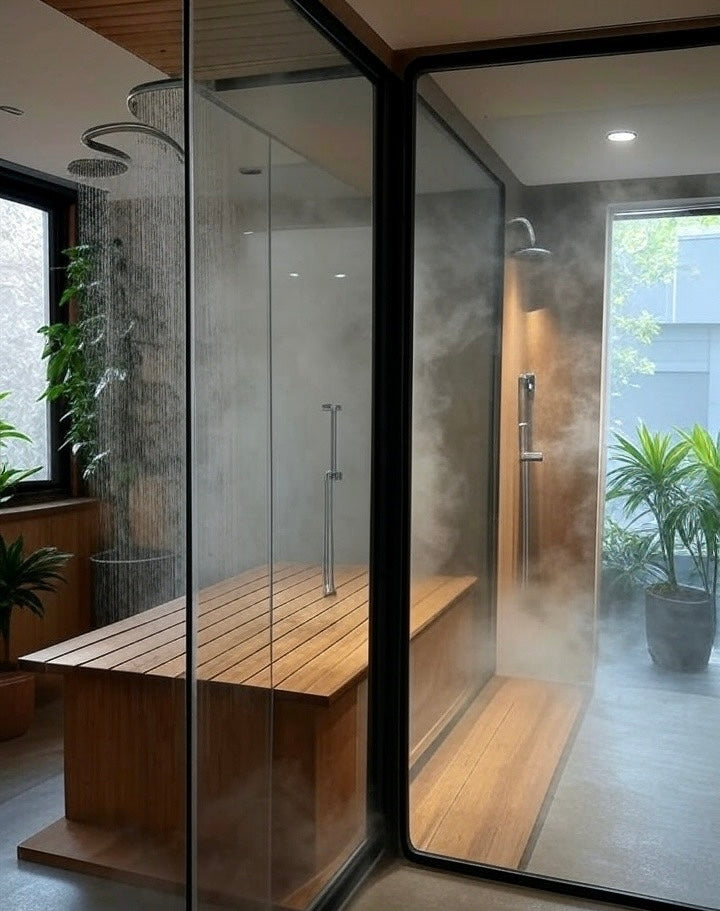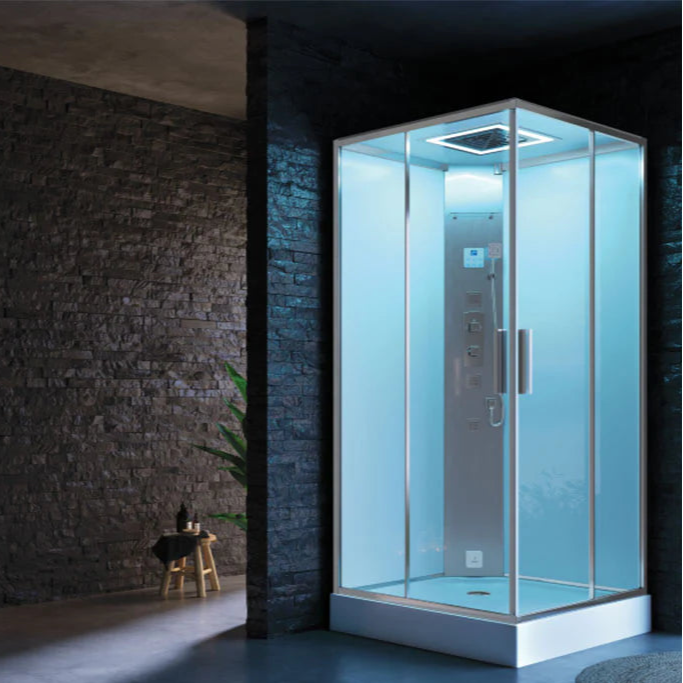Ever leapt into a Cold Plunge, Ice Bath Tub or Cold Plunge Tub and wondered: Can I get sick after? Short answer: Yes, you might! From sniffles to shivers, cold exposure has real effects. Keep reading to learn why it happens—and how to stay safe while chilling out.

2. The Cold Truth: Debunking Myths About Getting Sick from a Cold Plunge
2.1 Cold Exposure vs. Viral Illness: What Causes Sickness?
Cold plunges themselves don’t give you a cold or flu.
They can leave you shivering or run-down, but viruses are the true cause of infections.
It’s easy to blame the chill, but germs are what actually make you ill.
2.1.1 Understanding Viruses: The Real Culprits Behind Colds and Flu
Viruses such as rhinovirus or influenza spread through droplets and touch.
Exposure to cold doesn’t create these viruses.
You catch them from others, not from icy water.
2.1.2 How Cold Exposure Doesn't Directly Cause Illness (The Myth Debunked)
Cold water stresses the body but doesn’t infect you.
Your immune defences may dip briefly, raising infection risk if you're exposed to germs.
But the plunge itself isn’t a source of viruses.
2.2 The Immune System's Response to Cold Plunges
2.2.1 Boosting White Blood Cell Production and Lymphatic Circulation
Short, controlled cold exposure can increase white blood cell activity.
It also helps lymph flow, clearing waste from tissues.
Some use plunges for these claimed immune perks.
2.2.2 Reducing Inflammation and Strengthening Immune Resilience
Cold plunges may lower local inflammation.
Athletes use them to ease sore muscles.
Regular use might help the body adapt to stress better.
2.2.3 Research Insights on Potential Reduction in Sick Days
Some small studies suggest regular cold plungers report fewer sick days.
However, these benefits aren’t guaranteed for everyone.
More research is needed to confirm long-term effects.
3. Navigating the Plunge: Risks and Precautions When Feeling Unwell
3.1 When Cold Plunging While Sick Can Be Dangerous
3.1.1 Increased Stress on the Cardiovascular System (Especially with Illness)
Cold shock increases heart rate and blood pressure.
If you're unwell, this extra strain can be risky.
People with heart conditions should be cautious.
3.1.2 The Danger of Cold Plunging with a Fever (Counterproductive Effects)
If you have a fever, plunging can worsen chills.
It makes the body work harder to stay warm.
This extra stress can slow recovery.
3.1.3 Worsening Respiratory Issues and Hypothermia Risk
Cold air and water can irritate your airways.
If you have congestion or asthma, symptoms might flare up.
Prolonged exposure also raises hypothermia risk, especially when you’re already unwell.
3.2 Essential Safety Measures and When to Skip the Plunge
3.2.1 Consulting a Healthcare Professional, Especially with Underlying Conditions
If you have heart problems, breathing issues, or chronic illness, seek medical advice first.
A healthcare professional can offer safe guidance.
3.2.2 Listening to Your Body: Recognising Warning Signs and Symptoms
Exit the water if you feel dizzy, numb, or can’t catch your breath.
Uncontrollable shivering is a danger sign.
Always monitor how you feel before and after.
3.2.3 Recommended Temperatures, Duration Limits, and Proper Rewarming Techniques
Aim for 10–15 °C water, 1–5 minutes max.
Dry off and layer up quickly afterwards.
Use warm drinks and blankets to rewarm gently.
4. Beyond Sickness: Other Potential Side Effects and Considerations

4.1 Common Physiological Reactions and General Risks
4.1.1 Cold Shock Response: Hyperventilation, Heart Rate/Blood Pressure Spikes
Initial immersion can cause rapid breathing and heart strain.
This shock response is normal but needs care.
4.1.2 Disorientation, Muscle Cramps, and Drowning Risk (Indirectly Related)
Sudden cold can confuse you or cause muscle cramps.
This raises drowning risk, especially in deep water.
Always plunge safely and with supervision.
4.1.3 Impact on Muscle Recovery and Adaptation (for Athletes)
Cold can reduce soreness in the short term.
However, it might blunt muscle growth signals if overused.
Balance is important for athletes.
4.1.4 Skin Reactions (e.g., Cold Urticaria)
Some people get itchy welts from cold exposure.
This is called cold urticaria.
Always test shorter sessions if you're new.
Takeaways:
-
Cold plunges don’t cause colds but can stress your body.
-
They might support immunity but aren’t guaranteed cures.
-
Know the risks, especially if you're feeling unwell.
-
Stick to safe temperatures, short durations, and good rewarming.






